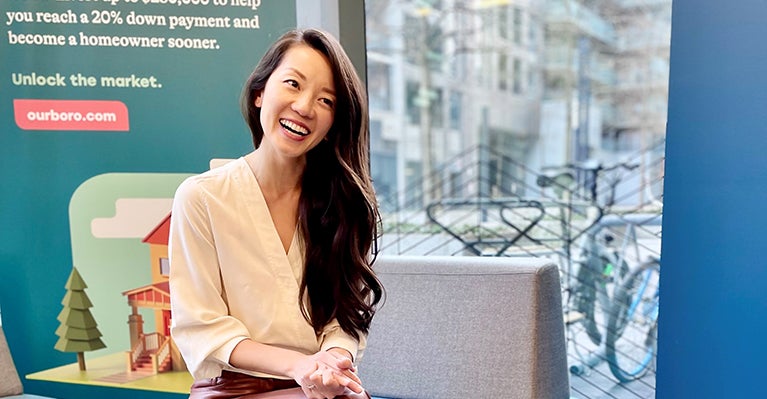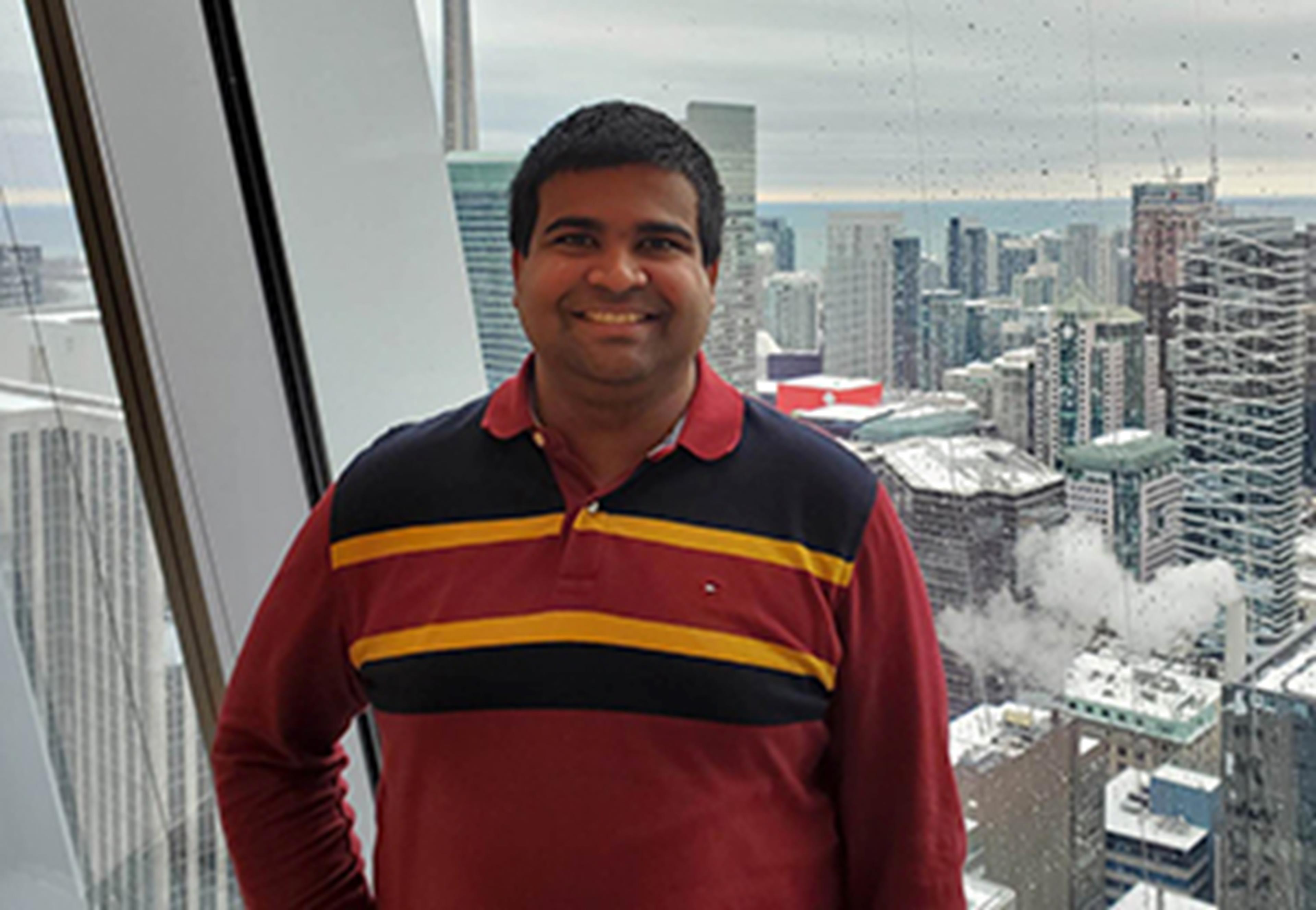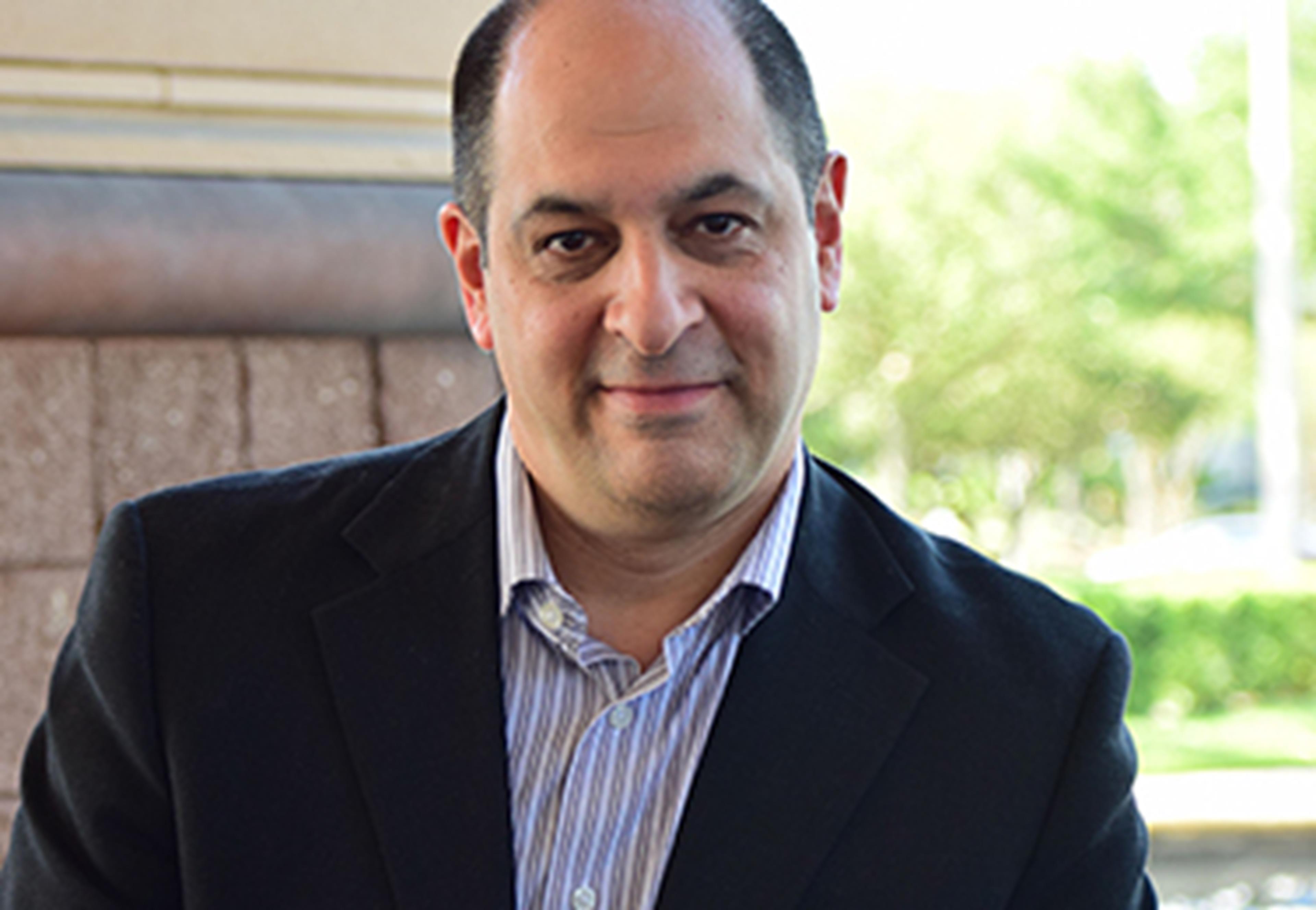CPA Coffee Chat: Advancing Social Entrepreneurship as a CPA
Alex Kjorven, CPA, CA has dedicated her career to using business tools to solve social or environmental issues. She has held roles in non-profit and for-profit organizations and is currently Chief Product Officer at Ourboro Inc. Alex teaches social entrepreneurship to graduate engineering students at the University of Toronto. Her contributions toward social and financial innovation were recently recognized by The Globe and Mail in their 2022 Report on Business Changemakers Award.
We asked Alex about her career path marrying social entrepreneurship and the CPA designation.

How did you start your career and how did you get to where you are today?
My career began at KPMG where I spent several years in what was then known as their Consumer Markets audit practice and a brief rotation in transaction advisory services.
At that time, few understood that it was possible to combine social good with profit. This was in the early 2000s when social entrepreneurship wasn’t yet mainstream and people viewed impact and shareholder value as being separate, rather than as forces that could strengthen each other.
When I eventually left KPMG, it was to join a small, but growing team at the MaRS Discovery District, which had an impressive bench of talent spanning the social innovation and entrepreneurship landscape in Ontario. I was introduced there to all sorts of social impact models and was catapulted into further opportunities to explore this growing industry.
After several other roles, I joined a friend of mine that was trying to build a new financial investment model that could address barriers to homeownership in the GTA. This concept eventually became Ourboro, where we raise and deploy capital as co-investments into homes alongside buyers across the GTA. My friend, and Ourboro CEO and Co-founder, Norm Tasevski passed away in late 2021. He was one of those inspirational folks I met in my early days at MaRS, and I very much credit him for steering me toward where I am today. Working at Ourboro has been an immensely satisfying mix of entrepreneurial innovation, finance and impact.
You knew from the beginning of your CPA career you wanted to work in a social impact field. How did you ensure you made that happen?
That’s right. Throughout university and even at KPMG, I was always drawn toward business models that challenged the status quo. I remember trying to raise an investment fund to support business students I had met while volunteering in Ghana and convincing my managers to let me use the professional development budget at KPMG to attend the Harvard Social Enterprise Conference in Boston!
Side hobbies notwithstanding, after getting the CPA designation, it was important to me that my professional competencies expanded to match my values. I eventually completed a Masters in Environmental Science, which helped to round out the “planet” aspect of my triple-bottom-line skill set. The technical aspects of this graduate degree and the network of professors and opportunities accessible via the academic ecosystem really opened my eyes to new ways of understanding complex problems.
How did the CPA designation prepare you for work in social entrepreneurship?
In those early days, many social enterprises were coming from the non-profit space, mostly as innovative ways to create sustainable revenue in what would otherwise be a charitable endeavor. In that sense, I found my CPA designation immensely valuable not only as a very useful skill set but also in building credibility and carving out new roles for myself in a nascent and growing industry. My roles in these social enterprises began with a financial or operational focus, and from there I was able to move into roles where I found more opportunities for innovative thinking and business model design.
To this day, I’m still a big advocate for the CPA designation. Those early years in audit can be tough but are ultimately underrated for the valuable skill sets and the muscle memory it builds in you. I’ve found many CPAs I’ve worked with to be very versatile individuals. There is an elevated level of critical thinking and analytical problem solving that I give credit to the years spent in audit, not to mention an intrinsic understanding of governance and financial management.
How has the social impact field evolved throughout your career?
Tremendously. When I first started my career, the vocabulary didn’t even exist for talking about social entrepreneurship or impact investing, let alone for describing what it means to create business models that align social or environmental good with profit. Since then, there’s been some landslide developments in the space that have truly made impact objectives more mainstream.
Beyond just avoiding companies that are doing harm, there are increasing amounts of institutional capital actively investing in companies that are creating good. For me personally, each time I see an announcement for a new impact fund being launched or some social enterprise raising a round of funding for their innovation, I feel hopeful that perhaps the arc of profit-seeking capital can indeed bend toward goodness.
You’ve shifted away from finance roles to product design. Why did you make this move and how do you apply your CPA skills to this work?
The move wasn’t intentional, but over time I did realize my passion for taking things from idea to implementation. Whether that’s business models, processes or solutions, I get immense satisfaction from sinking my teeth into a problem and trying to come up with a better way to solve it.
There’s an odd, by very accurate analogy I use where I compare business model design to inventing a new boardgame. Some of my favourite board games are those strategic ones that leave you in awe of all the creative ways the game incentivizes players to compete or collaborate. In short, it took me some time to recognize that the analytical and process-driven skill set from my finance background, paired well with my curiosity of human behaviour and how we respond to influences and incentives.
Being in product development at companies like Ourboro means I get to lead teams that love challenging the status quo and are constantly learning and figuring out how to create better solutions and outcomes.
What advice would you have given yourself earlier in your career?
It took me too long to realize that my “day job” didn’t have to check all my boxes in terms of my professional goals. Realizing that I can have very meaningful professional pursuits outside of my actual profession was a game changer for me in terms of job satisfaction and personal fulfillment.
What do you think employers need to know about the next generation of CPAs?
I was fortunate to have some extraordinary champions in my early days as a CPA, including Partners and Managers who recognized that supporting the person was the best way to support the professional. When it comes to the next generation of CPAs (or the next generation in general), more and more arrive to the work force with high standards for the companies and teams they work for in terms of the values they uphold and the impact being made.
I do feel strongly that we all stand to benefit when people bring more of their personal values into their work. Having a willingness to embrace the person and their passions may result in some unexpected and innovative ways for companies to grow and thrive in the times ahead.
Rapid fire
- Favourite book or podcast: The Anthropocene Reviewed by John Green and The Overstory by Richard Powers
- Tea or coffee: Tea
- Name something on your bucket list: Visit Antarctica before it melts.


